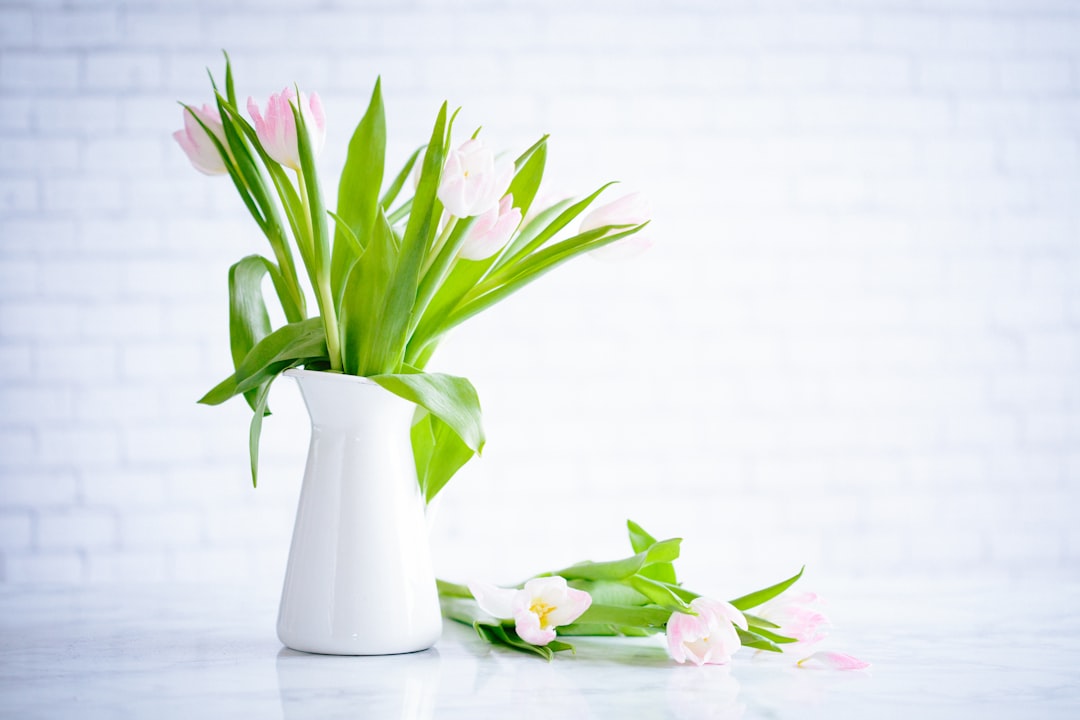When it comes to weddings and formal events, the bride’s bouquet often takes center stage. But what about the groom? The boutonniere, also known as a boutineer, is a small but significant accessory that adds a touch of elegance and personality to the groom’s attire.
In this article, we’ll dive into everything you need to know about boutineers, from their history to modern-day trends and unique options for your special day.
The History of Boutineers
The word “boutonniere” comes from the French word for buttonhole, as these small floral arrangements were traditionally worn in the buttonhole of a suit jacket. The tradition of wearing a boutonniere dates back to ancient Greece and Rome, where men would wear small flowers or herbs to ward off evil spirits and bad luck.
In the 16th century, boutonnieres became a popular fashion statement among the upper class in Europe. They were often made with fragrant herbs and flowers, such as rosemary and lavender, to mask unpleasant odors. During the Victorian era, boutonnieres were used as a way to communicate secret messages between lovers, with each flower having a specific meaning.
Modern-Day Boutineers
Today, boutineers are still a popular accessory for grooms and their wedding parties. They are typically worn on the left lapel of a suit jacket, with the stem of the flower pointing towards the heart. While traditional boutonnieres were made with fresh flowers, modern-day options include silk flowers, feathers, and even succulents.
Unique Boutonniere Ideas

If you’re looking for a unique boutonniere for your wedding or formal event, consider these ideas:
- Feather Boutonniere: For a touch of whimsy and texture, opt for a boutonniere made with feathers. Peacock feathers, in particular, can add a pop of color and personality to a groom’s attire.
- Succulent Boutonniere: Succulents are a popular choice for modern weddings, and they make for a unique boutonniere option. These hardy plants can withstand the wear and tear of a long day and can even be replanted as a keepsake after the event.
- Button Boutonniere: For a nod to the traditional boutonniere, consider using buttons instead of flowers. This option is perfect for a vintage or rustic-themed wedding.
- Fruit Boutonniere: For a fun and unexpected twist, incorporate small fruits, such as berries or grapes, into a boutonniere. This option works well for summer or outdoor weddings.
How to Choose the Perfect Boutineer
When choosing a boutineer, there are a few factors to consider to ensure it complements the groom’s attire and the overall theme of the event.
Color and Style
The boutineer should complement the colors and style of the wedding. If the wedding has a specific color scheme, choose a boutineer that incorporates those colors. For a formal event, opt for a classic and elegant boutonniere, while a more casual wedding may call for a more playful and unique option.
Seasonal Flowers

Consider using seasonal flowers for your boutineer. Not only will this add a touch of freshness and authenticity to the arrangement, but it can also save you money. For example, if you’re having a winter wedding, consider using pinecones or holly in your boutonniere.
Personalization
The boutineer is a great opportunity to add a personal touch to the groom’s attire. Consider incorporating a special flower or herb that holds significance to the couple, such as the flower from the bride’s bouquet or a herb from the groom’s family garden.
How to Wear a Boutineer
Wearing a boutineer may seem simple, but there are a few things to keep in mind to ensure it stays in place and looks its best throughout the event.
Placement
As mentioned earlier, the boutineer should be worn on the left lapel of a suit jacket, with the stem pointing towards the heart. It should be placed just above the buttonhole, and the stem should be inserted through the buttonhole and secured with a pin or clip.
Pin or Clip?
Traditionally, boutineers were secured with a pin, but nowadays, there are other options available. Magnetic clips are a popular choice as they are less likely to damage the suit jacket. However, if you opt for a clip, make sure it is strong enough to hold the weight of the boutineer.
Boutineers for the Wedding Party

While the groom’s boutineer is the most important, it’s also common to have boutineers for the rest of the wedding party, including the groomsmen, fathers, and grandfathers. These boutineers should complement the groom’s but can have slight variations to differentiate them.
For example, the groom’s boutineer may have a different flower or color than the rest of the wedding party, or the groomsmen’s boutineers may have a smaller version of the groom’s. It’s also common for the groom’s boutineer to match the bride’s bouquet, while the rest of the wedding party’s boutineers match the bridesmaids’ bouquets.
In Conclusion
Boutineers may be small, but they hold a significant meaning and add a touch of elegance and personality to a groom’s attire. From traditional floral options to unique and modern alternatives, there are endless possibilities when it comes to choosing the perfect boutineer for your special day. Consider the season, style, and personalization when making your selection, and don’t forget to have fun with it!
You may like reading about the following:
